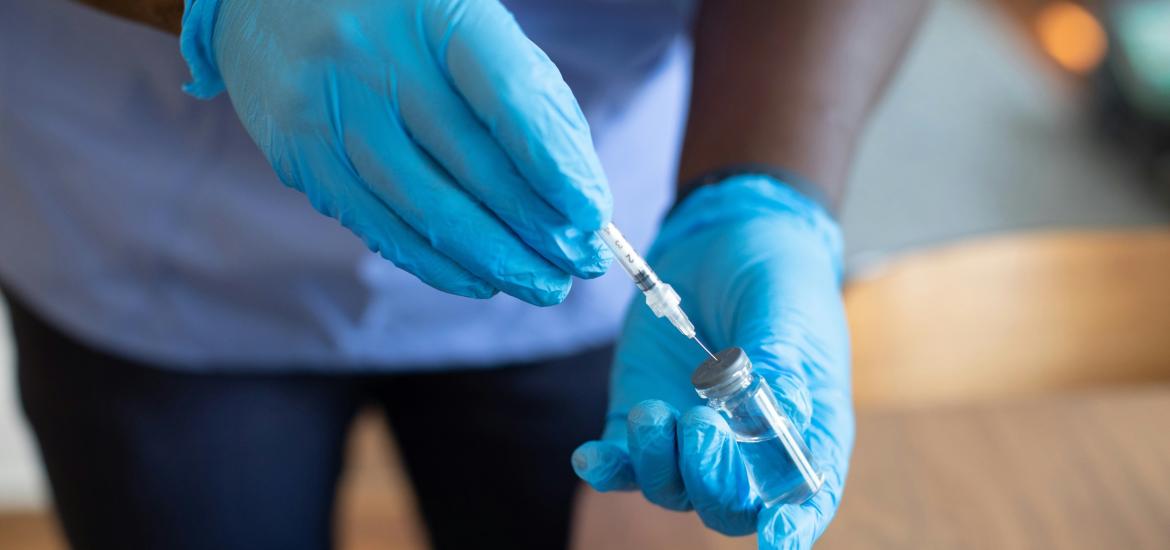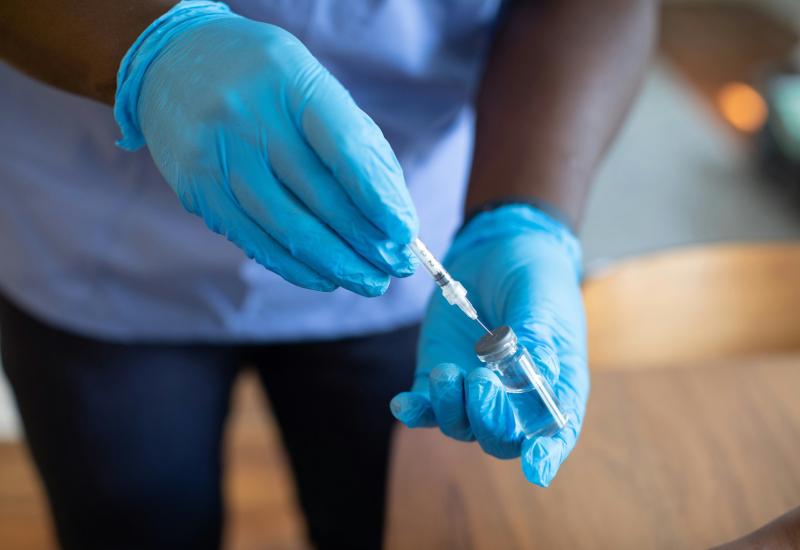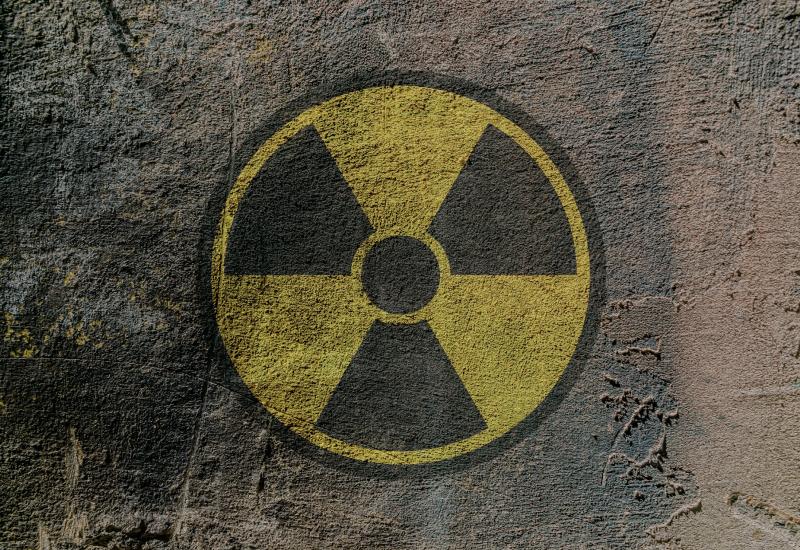
BioNTech's take on iza-bren enters the clinic
The latest projects newly into human trials include BNT3212.
The latest projects newly into human trials include BNT3212.

After impressing with a me-too version of Enhertu last week, BioNTech is attempting to repeat the trick with its take on izalontamab brengitecan. BioNTech's BNT3212, which like SystImmune/Bristol Myers Squibb's iza-bren is an anti-EGFR x HER3 ADC, has just entered human testing, according to a new listing on clinicaltrials.gov.
This is yet more evidence of the popularity of ADC approaches, with the latest listings also including two other conjugates, one of which comes from the private US biotech MBrace Therapeutics. Like iza-bren, BNT3212 was originated in China, coming to BioNTech through last year's $800m acquisition of Biotheus.
However, the anti-PD-L1 x VEGF bispecific pumitamig (BNT327), later licensed to Bristol Myers Squibb, stole most of the limelight in that deal, and Biotheus's remaining pipeline remains somewhat under the radar. Like iza-bren BNT3212 uses a topoisomerase 1 inhibitor as its payload, but little else is known about it; one of the most important details was revealed in an AACR 2024 discovery poster, which said it bound to EGFR/HER3 double-positive cells, with limited activity towards single-positive cells.
Its first-in-human study is technically a phase 1/2, in which the molecule will be evaluated with and without pumitamig in solid cancers. Clearly SystImmune/Bristol are ahead here, with iza-bren now in 13 phase 3 trials, three of which are sponsored by Bristol.
Recently disclosed first-in-human studies*
| Project | Mechanism | Company | Trial | Scheduled start |
|---|---|---|---|---|
| YK1101 | MAGE-A4 TCR | Yingkai Saiwei | MAGE-A4+ve, HLA-A*11:01 matched solid tumours (IST) | 27 Apr 2025 |
| ANOC-001/ ANOC-002/ ANOC-003 | HLA-A11-restricted KRAS G12V TCR/ HLA-A03-restricted KRAS G12V TCR/ HLA-A11-restricted KRAS G12D TCR | Anocca | KRAS G12V/G12D+ve pancreatic ductal adenocarcinoma with specific HLA alleles | 3 Jul 2025 |
| WEF-001/ SDV1001 | Albumin-MMAE conjugate | Auricula Biosciences (ex Syndivia) | KRASm solid tumours | 28 Jul 2025 |
| HRS-7172 | Likely RAS inhibitor | HengRui | RASm solid tumours | Sep 2025 |
| MBRC-201 | Undisclosed ADC | MBrace Therapeutics | Solid tumours | Sep 2025 |
| BNT3212 | EGFR x HER3 ADC | BioNTech (ex Biotheus) | +/-pumitamig in solid tumours | Aug 2025 |
| HPB-092 | FLT3/IRAK4 inhibitor | Polymed | R/r AML | Dec 2025 |
Note: *projects newly listed on the clinicaltrials.gov database between 22 and 29 Aug 2025.
Meanwhile, MBrace closed an $85m series B financing round two years ago, and already has one ADC, the anti-EphA5 molecule MBRC-101, in clinical trials. MBRC-101 is now being joined by MBRC-201, though the latter ADC's target hasn't been disclosed, and isn't discernible from information revealed in the new clinicaltrials.gov entry.
The third conjugate into the clinic is Auricula Biosciences' WEF-001. However, this isn't an ADC but a molecule comprising an MMAE payload conjugated to albumin. Its phase 1 trial is being carried out in KRAS-mutated solid tumours, the idea being that KRAS positivity might promote pinocytosis ("cell drinking"), and so cells might engulf more albumin, along with albumin-bound MMAE.
WEF-001, formerly coded SDV1001, was originated by the French ADC company Syndivia, but in 2022 it was spun into the new entity Auricula, which was co-founded by TVM Life Science and Lilly.
T-cell receptors
Beyond conjugates, recent clinical trial entrants include a pair of T-cell receptor projects, the first of which, Yingkai Saiwei's YK1101, is a take on Adaptimmune's underwhelming Tecelra.
Like Tecelra, YK1101 targets MAGE-A4 but, while the former product is restricted to HLA-A*02-positive patients, the latter focuses on HLA-A*11, an allele prevalent in East Asia and Australasia. Tecelra received US accelerated approval a year ago, but its solo launch has predictably failed to generate meaningful revenues, and the product was recently divested by Adaptimmune for $55m up front.
For its part, Sweden's Anocca recently closed a $46m venture financing round, a raise that would help fund the phase 1/2 Vidara-1 study of three T-cell receptor-based therapies, ANOC-001, ANOC-002 and ANOC-003. However, it was reluctant to reveal the precise targets of these assets, beyond saying ANOC-001 was HLA-A*11-restricted and hit KRAS G12V.
Now the study's clinicaltrials.gov listing has revealed that ANOC-002 and 003 target KRAS G12V and G12D respectively. Cross-referencing this with disclosures in Anocca's pipeline shows that ANOC-002 is HLA-A*03-restricted, while ANOC-003 is designed for patients with the HLA-A*11 allele.
2091













